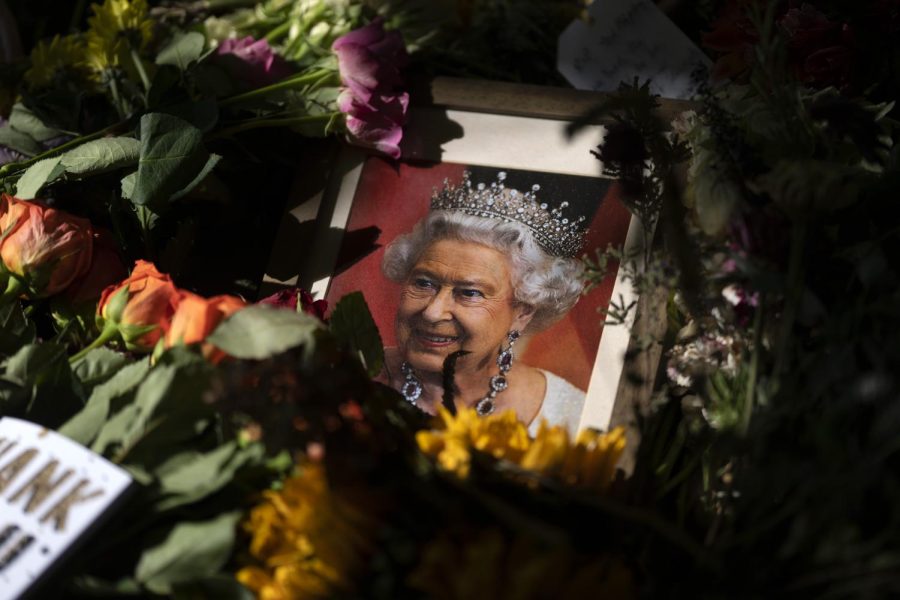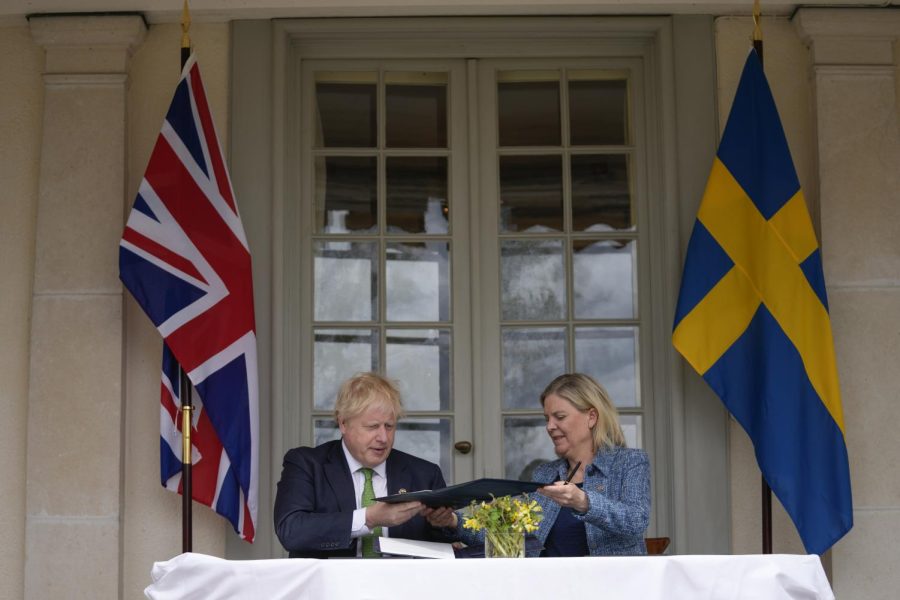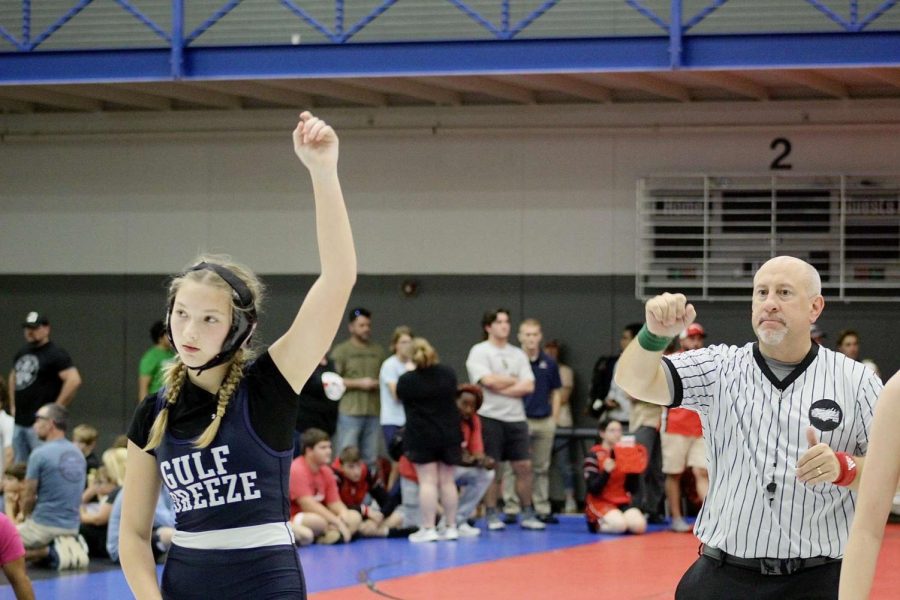Climate Change
February 11, 2022
“There are so many effortless ways to limit human-inflicted climate change, we just need to become more mindful of our habits and be willing to make a real effort to change some of our negative habits.”
In 1988 – when the hottest temperatures for its time were recorded – scientists began to investigate causes of Earth’s rising temperatures. Finding a strong correlation between surging temperatures and human activities, climate change has grown to become a leading topic of debate. Since the birth of the climate change movement and increased awareness of it, many efforts have been made to cut back on carbon emissions and other harmful products of human practices. As an issue that does not exclude anyone or anything, everyone has witnessed or experienced at least one significant influence of climate change in their lifetime. Whether that influence is simply the growth in popularity of electric vehicles, or, less fortunately, the loss of say a house to a category five hurricane, climate change has implications on virtually everything.
Despite the varying opinion that climate change does not exist, or that what we are currently experiencing is no different than the natural changes occurring since Earth’s creation, there are in fact so many things we do in our daily lives that impact the climate. However little and insignificant a habit may seem, when billions of people do that same small habit every day, this minor action soon starts to threaten the survival of a planet. While we might not be able to contribute directly to many larger scale climate change initiatives, taking into consideration many of our own habits is a great first step.
For instance, the amount of energy we use at home is particularly important to note. Most of the electricity and heat we use is powered by coal, gas and oil. Every time we turn a light on, we are indirectly wasting fossil fuels. That does not necessarily mean you have to stop using the lights in your house, we should just be more mindful of how we use them and how often. When possible, using more natural light or simply turning off a light when you leave a room prevents extra power from being needed.
Another contributor to climate change to consider is transportation. Really, the easiest and most efficient way to cut back on emissions produced by transportation is walking or riding a bike. Unfortunately, this is often not possible. Most people do not live within walking distance of work and school, and you obviously can’t just walk when you want to take a vacation somewhere further away. However, when possible, carpooling, using public transporta-tion and walking or riding a bike to close by places directly cuts down on fossil fuels. And as “un-cool” as the school bus may seem- riding the bus helps the environment. Many motor companies have created electric vehicles to reduce carbon emissions; while the electricity used to power these vehicles is often from fossil fuels, they are helpful to limit air pollution and release significantly fewer greenhouse gasses than the run of the mill gas powered car.
Aside from transportation and electricity use in our homes, there are numerous other ways to be more environmentally friendly in our everyday lives. Recycling and throwing away less food cuts back significantly on waste. Even avoiding cheap clothing or buying second hand will prove to be substantially less harmful to the environment. There are so many effortless ways to limit human-inflicted climate change, we just need to become more mindful of our habits and be willing to make a real effort to change the negative ones. After all, there is only one Earth; why shouldn’t we put our best foot forward to protect it?




















